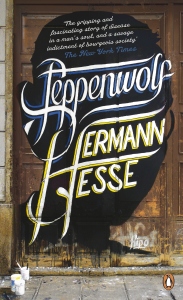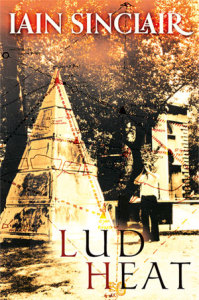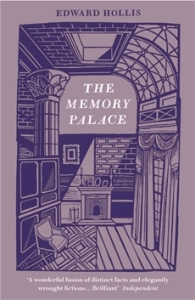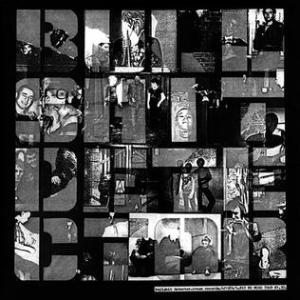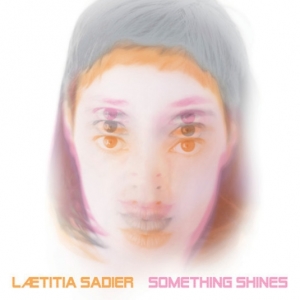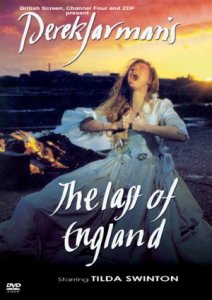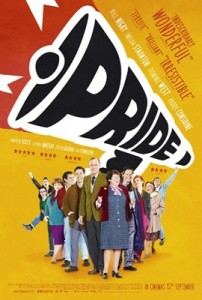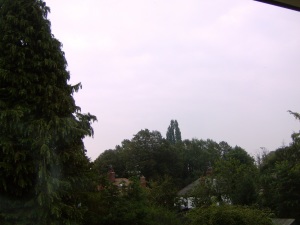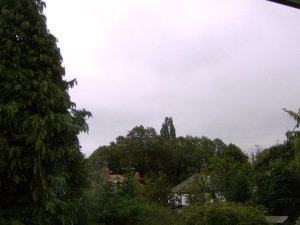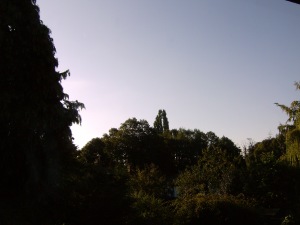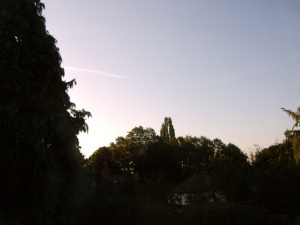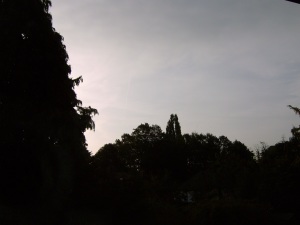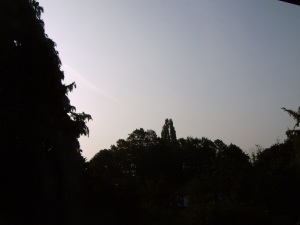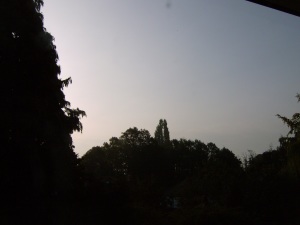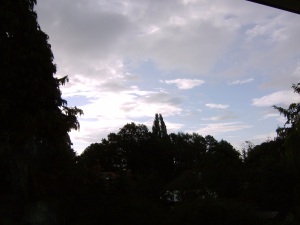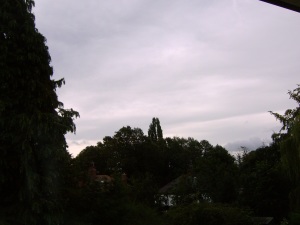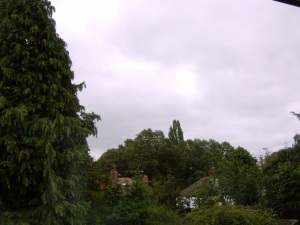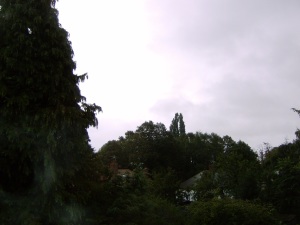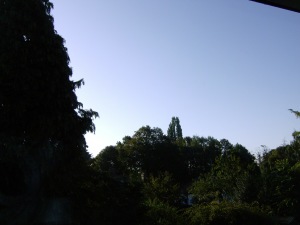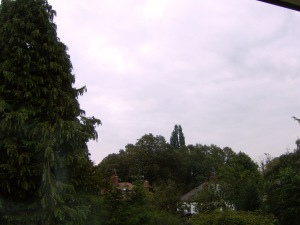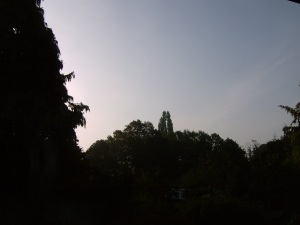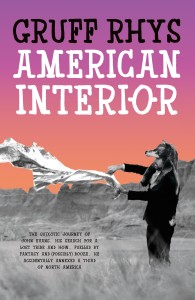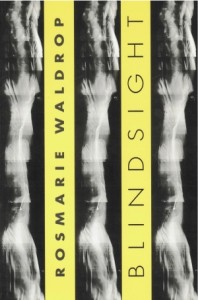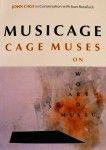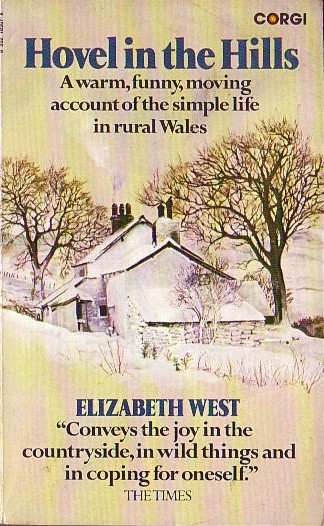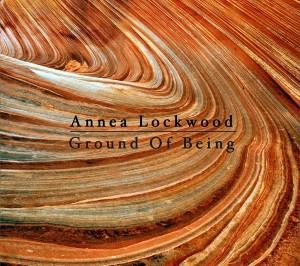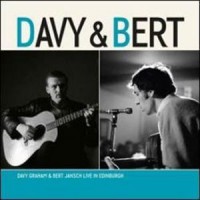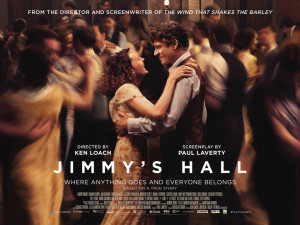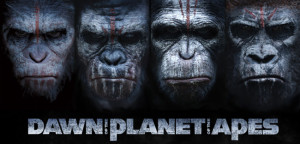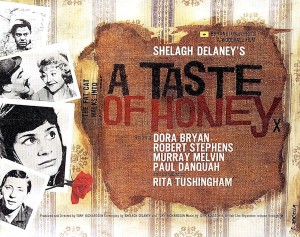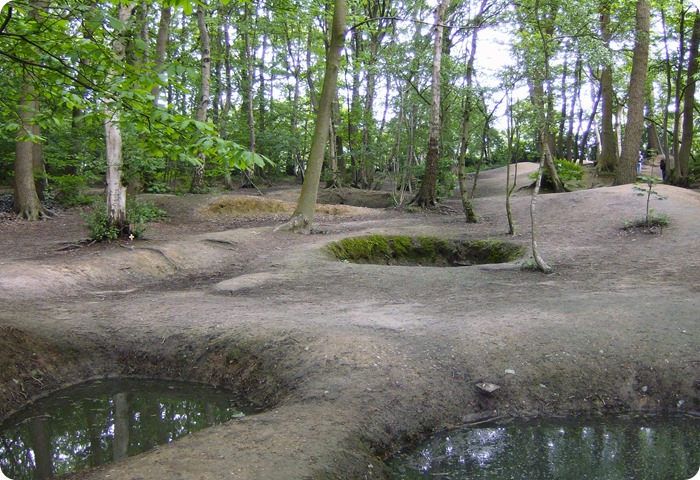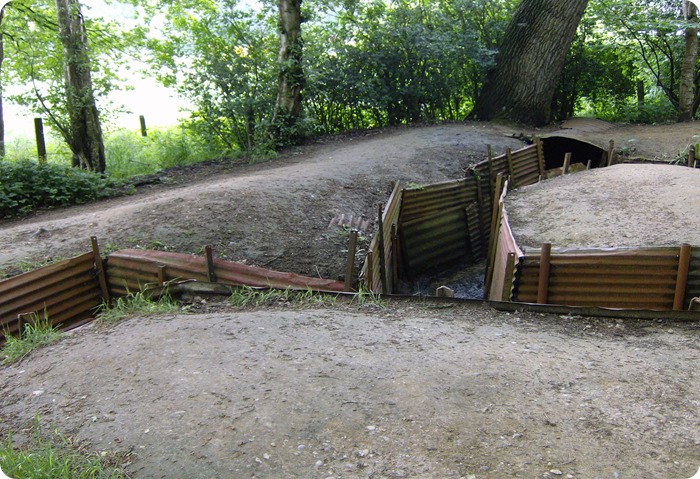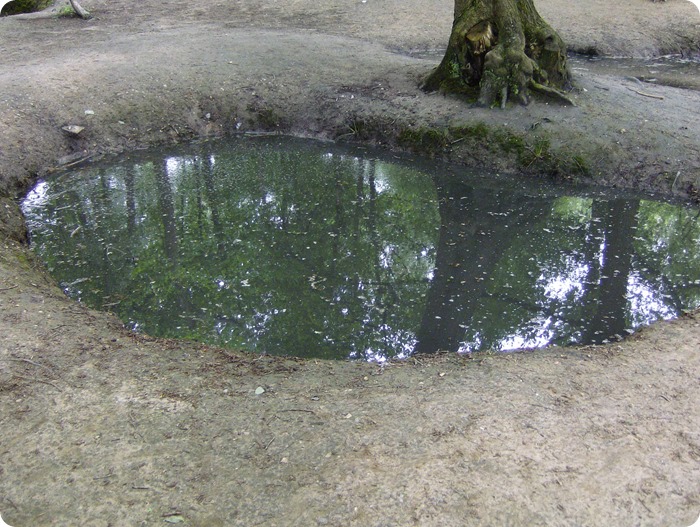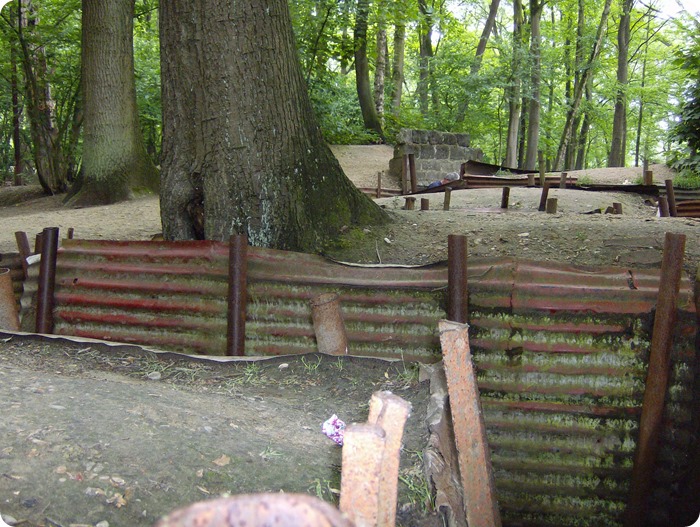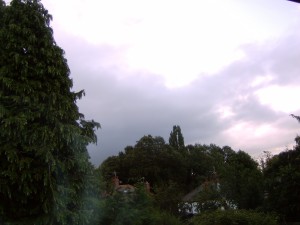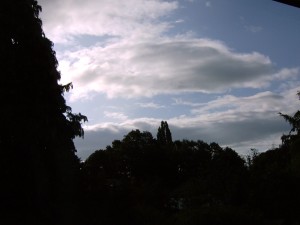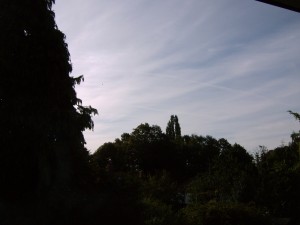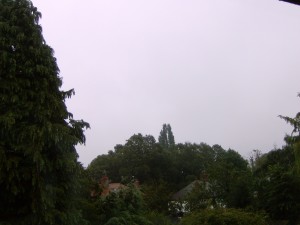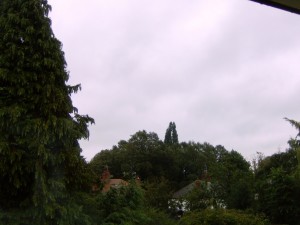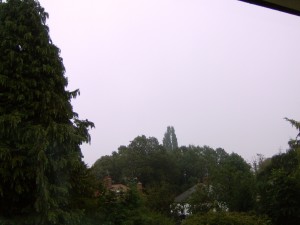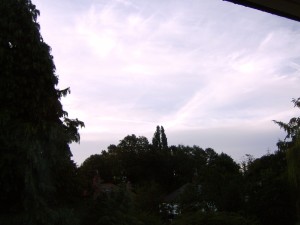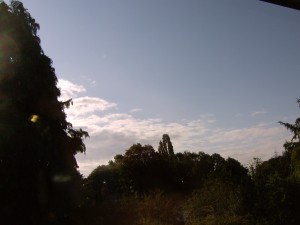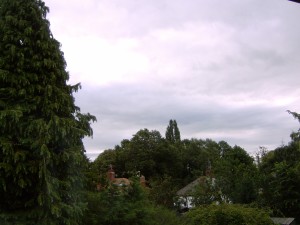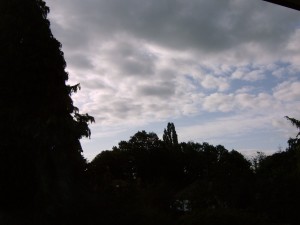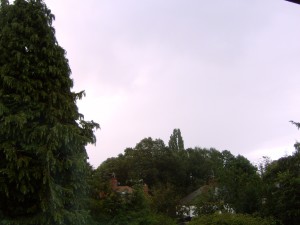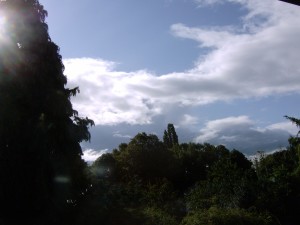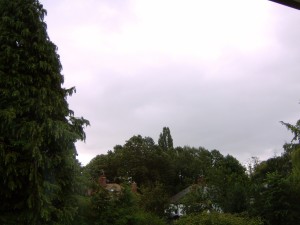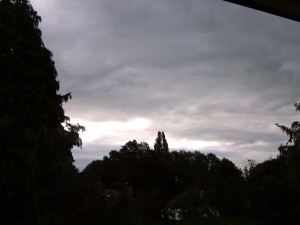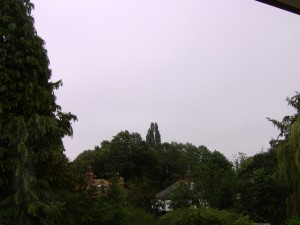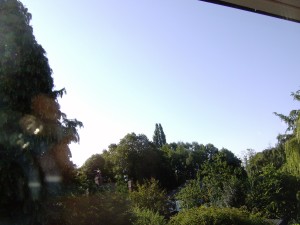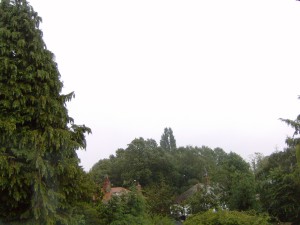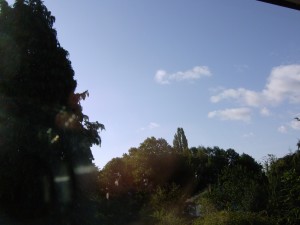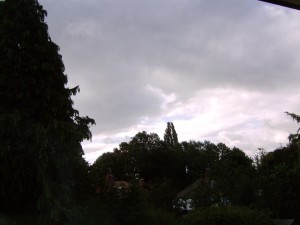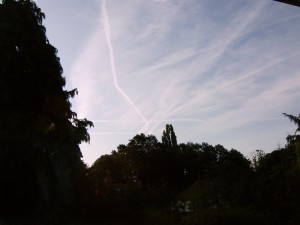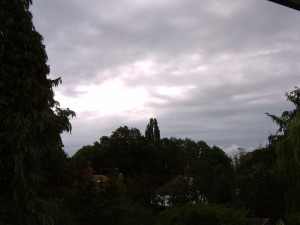This is the final week of my One Year project. Those of you who have followed it will be aware it was my intention to construct a daily photographic record of a single view: the view from my study window at around 8.00a.m. each day when I sat down to work. I annotated each One Year picture with a note of the weather for that day and the morning’s main news headline from the BBC News site. In addition, I included a note taking a key sentence or two from my daily journal.
There will be no further One Year entries, but there will be a short film and some follow up pieces to try to make sense of what the project has come to mean to me.
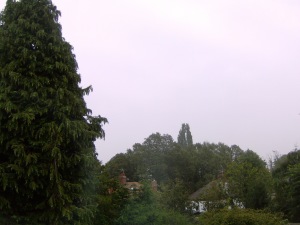 12th September 2014
12th September 2014
Sunny intervals
Pistorius awaits homicide verdict
Sky, rooftops, trees
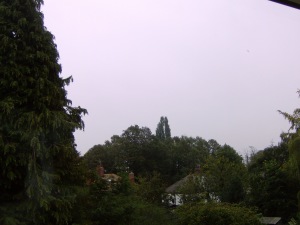 13th September 2014
13th September 2014
Light cloud
Business row in Scots weekend campaign
What is noticeable about all of these pictures is that they are devoid of the presence of any human beings
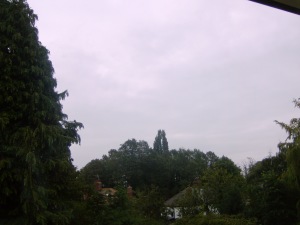 14th September 2014
14th September 2014
Thick cloud
PM condemns hostage’s ‘evil murder’
And yet they are there. Their impact upon the landscape is manifest
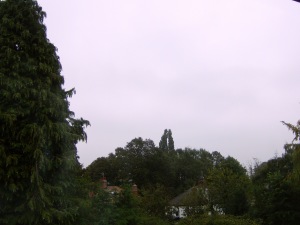 15th September 2014
15th September 2014
Thick cloud
Hammond to discuss plans to tackle IS
And the frame itself is a mere construct, beyond its edges a world vibrates
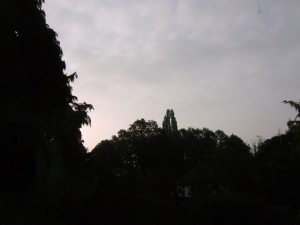 16th September 2014
16th September 2014
Light cloud
Pro-Union leaders in powers pledge
At first I thought of myself as a mere observer, a recorder, sitting there, cool and detached, choosing not to engage
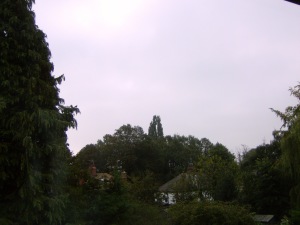 17th September 2014
17th September 2014
Sunny intervals
Referendum campaigns make final push
But the gaze is never neutral, it affects the observer and the observed
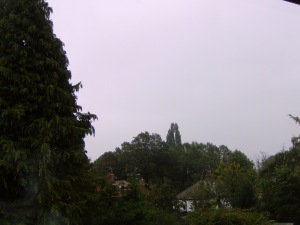 18th September 2014
18th September 2014
Thick cloud
Voting begins in Scottish referendum
Day by day the effect upon each is multiplied. Until
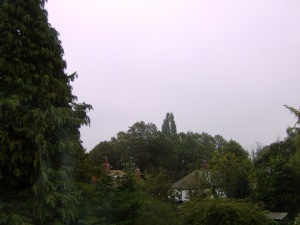 19th September 2014
19th September 2014
Thick cloud
Scotland votes ‘No’ to independence
Patrick Keiller, a fellow traveller, looked out of his window and he saw it too: ‘The desire for poetic experience of ordinary, everyday phenomena was central to Surrealism and many other strands of modernism, from Baudelaire or even De Quincey onwards, but it was perhaps most readily achieved through photography and cinematography.’ (The View From the Train)
Artist Statement
… “natural history” has no actual existence other than through the process of human history, the only part which recaptures this historical totality, like the modern telescope whose sight captures, in time, the retreat of nebulae at the periphery of the universe.
Guy Debord – Society of the Spectacle
This is what I said in September 2013:
The purpose of this project is to explore continuity and change. Over the course of a year, I will build up a daily visual record of the same view. Despite my best efforts, though, I will not be able to replicate the ‘same’ view each day: it is subject to changes in the environment, such as the weather or the time the sun rises. But it is also affected by changes caused by me, the observer. For instance, my feelings that morning may change the way I hold the camera or, inadvertently, the image may show my breath on the glass from getting too close to the window.
Looking out at the view on this, the first morning of One Year, I see a scene comprising sky, trees and rooftops. I don’t see much evidence of human activity just yet, but that may come later in the year when the leaf cover begins to thin out. Being on a flight path, we also see the odd vapour trail or aeroplane light in the sky too.
Some of the changes that will become evident will be pretty obvious, such as the seasons. Other changes will be more subtle. My daily notes will give some insight into what is going on inside my head that morning, from my journal entry, and there will also be a record of what is happening in the world in general, from the news headline.
But the ‘view’ I am recording in One Year is not neutral, it is selected and framed by me. Similarly, my journal extracts are selected from a much larger body of work; it is the ‘insight’ into my thinking that I choose to present. Even the ‘news headline’ cannot be regarded as neutral, for it is subject to BBC editorial bias.
But there is a third party in the One Year process, one that is outside of my control. That person is you, the reader of this blog, the interested observer of the project. I want people to bring their own interpretations, views and insights to this project. All comments received will be reproduced in my weekly project reports.
Like this:
Like Loading...

